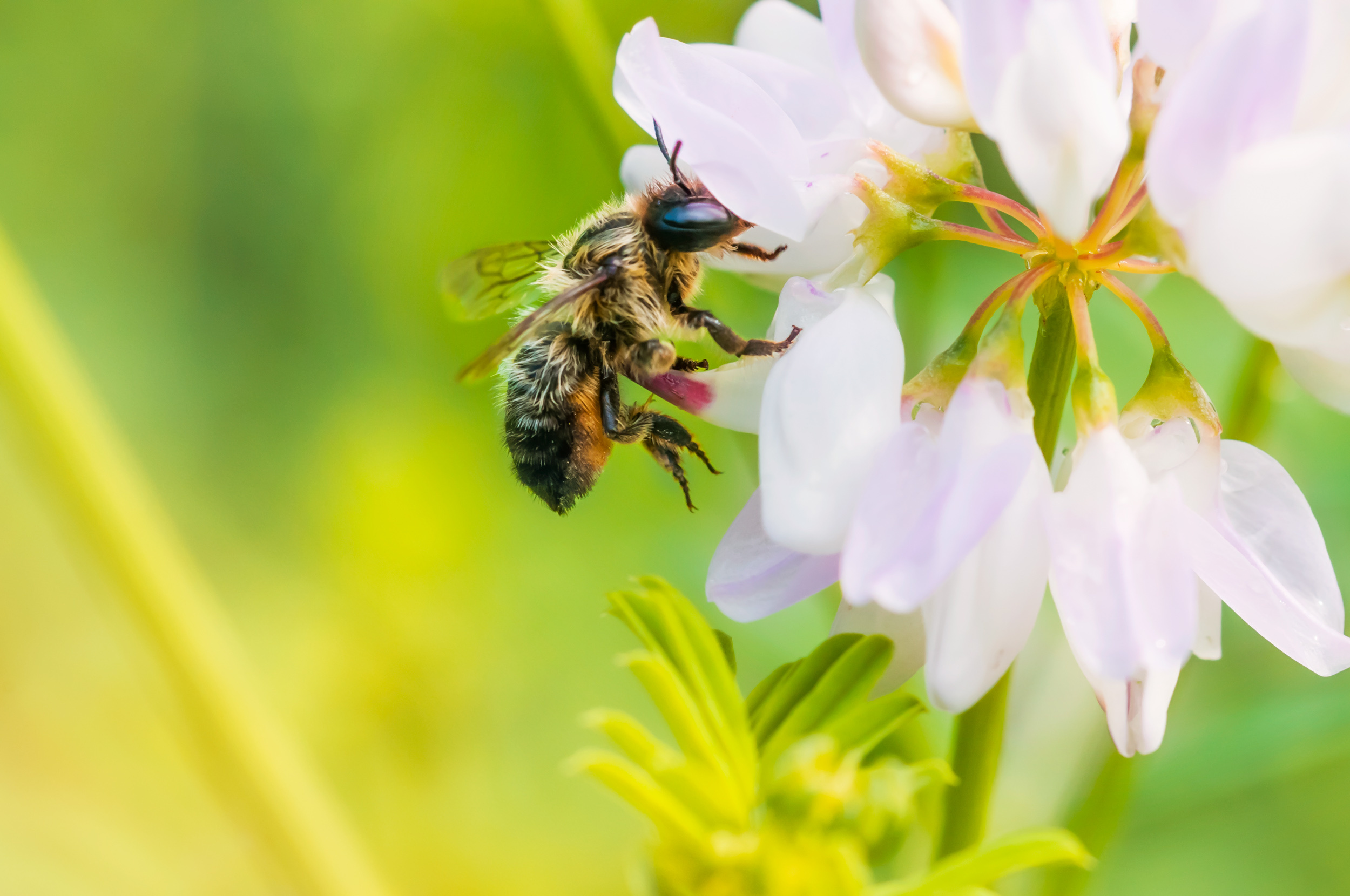Is Re-Wilding Bees the Answer?
December 14, 2019
How can we possibly fight back against the massive deaths being realized around the country, and around the world, of our bee populations in the wild? One possible solution that has been floated has been to rewild domestically raised bees to repopulate areas where wild bees no longer live, such as forest areas that have been impacted by wildfires. Will this work, though?
Declining Wild Bee Populations
Wild bees have regularly been touted as being far more resistant to the same things that are killing bees in managed hives, such as the Varroa mite. Wild bees are also responsible for pollinating crops and plants in areas where managed bees cannot be taken. As such, they are extremely vital to the ecosystem. During certain events, such as natural disasters or land development, these bees have been wiped out.
Colleen Seymour, a South African National Biodiversity Institute scientist, stated, “We don’t really know much about pollinators in general in South Africa, we don’t really have a systematic program to monitor them at the moment. But based on world trends, definitely wild pollinators are in decline due to a combination of habitat destruction, pesticide use, disease and parasites, and climate change.” As part of her research, the possibility of using managed bees is being examined.
What these studies have found, though, is that managed bees can actually do more harm than good to these populations. Some experts believe the situation needs to be left alone. That, in essence, it will correct itself. Jenny Cullinan, a bee conservationist, stated, “We don’t have to do anything else, they look after themselves.”
Others, however, believe there is little difference between wild bees and managed bees. Toufiq Fataar, a local beekeeper, stated, “A domesticated bee is first a wild bee. It’s only once you put it in a box that it becomes domesticated, like after a while you’ll see they become less volatile and they don’t sting you as much because they become used to being in the box, but they will still swarm off once they outgrow that space.”
Fataar’s business got started as a bee removal service. When called to remove hives from homes, instead of exterminating the bees, they rehoused them. It is that rehousing, though, that others will point to as the primary problem for bees. We have written before about the problem manmade hives present, as they far from replicate the hives built by bees in the wild.
One thing is very clear from this specific research, and that is that the industry as a whole is still unsure how to address the issue. If the experts are unable to identify the actual cause, how can we possibly find a solution to this growing problem?
Source: Daily Maverick


.jpg)



